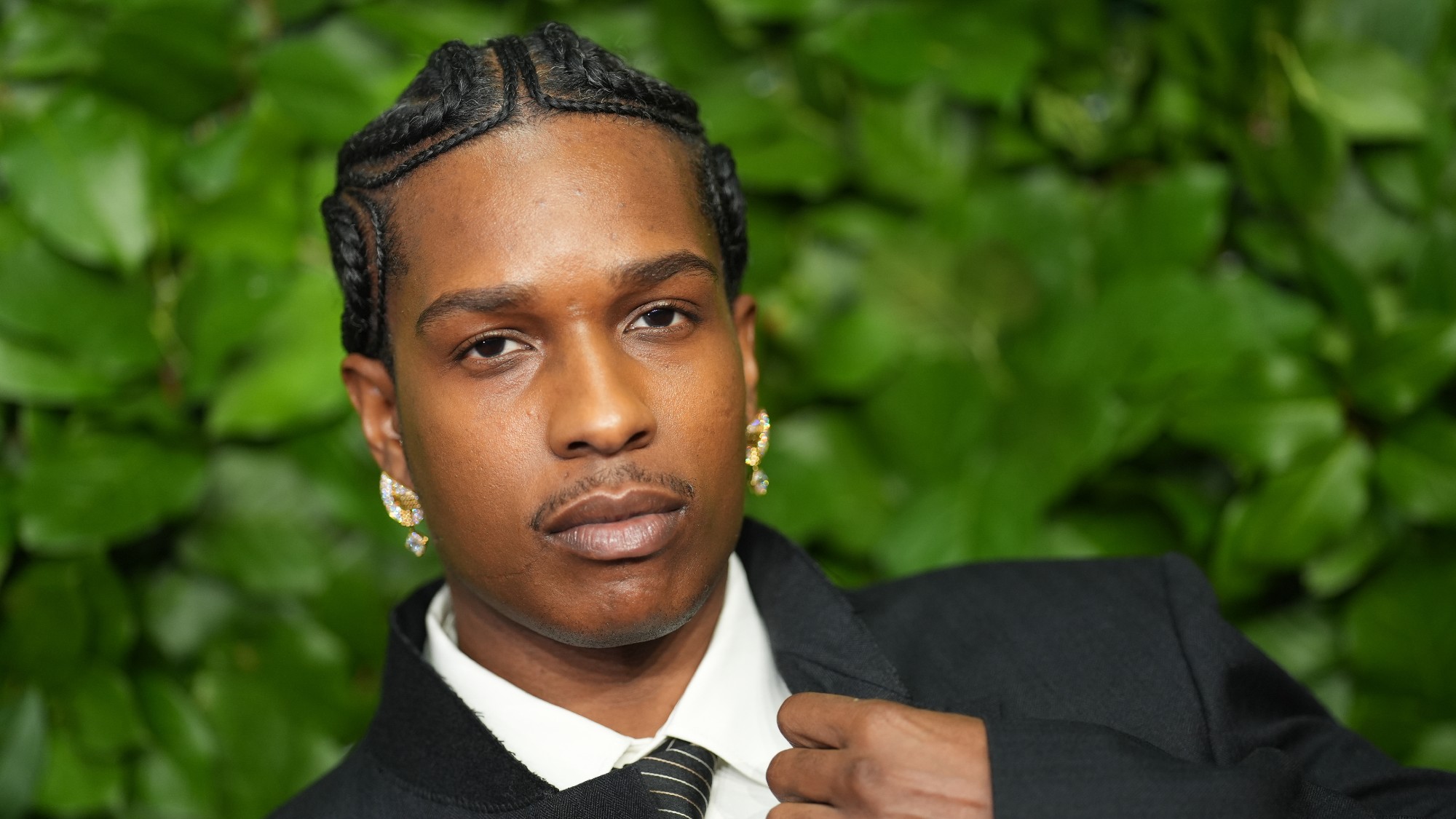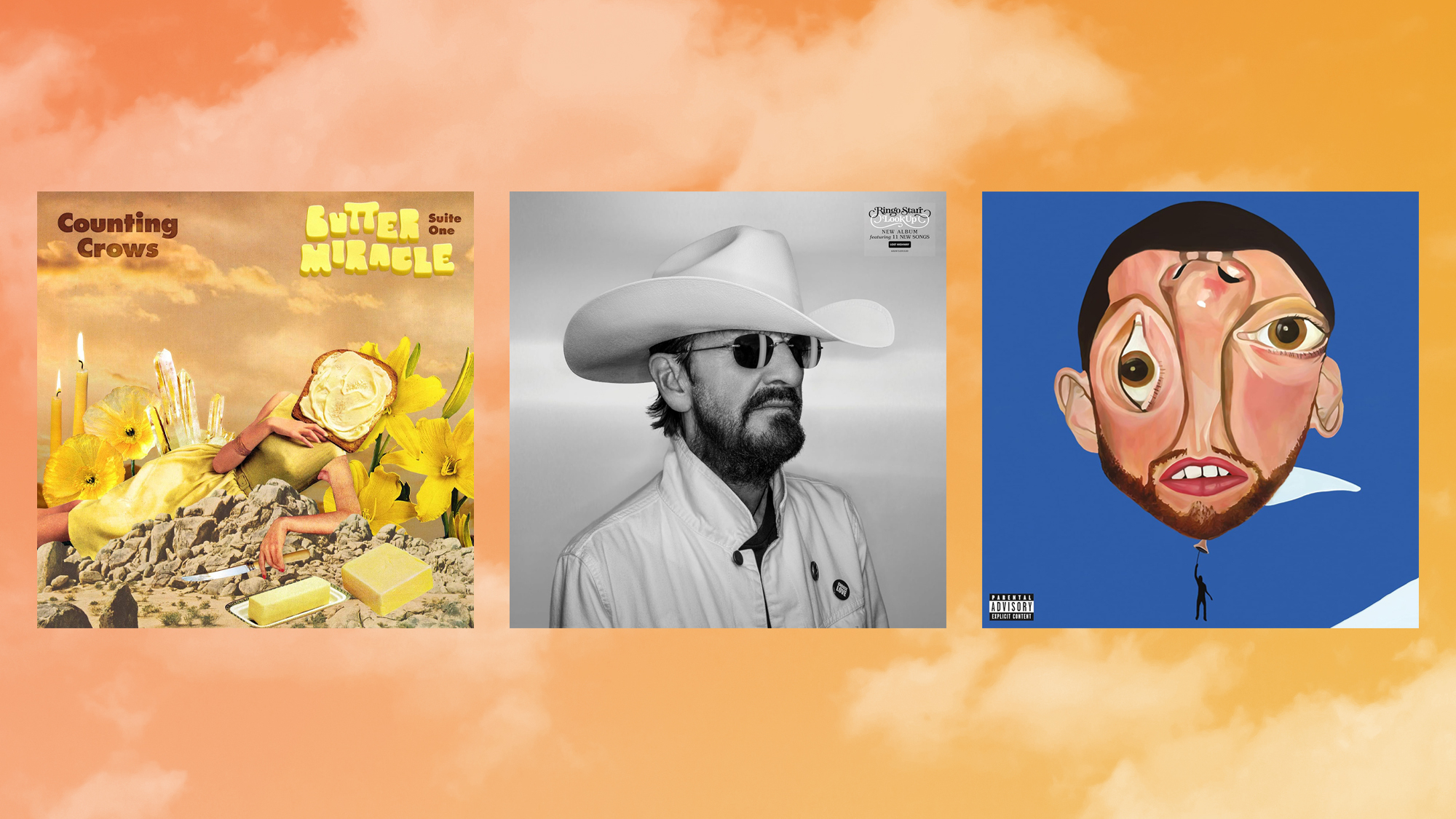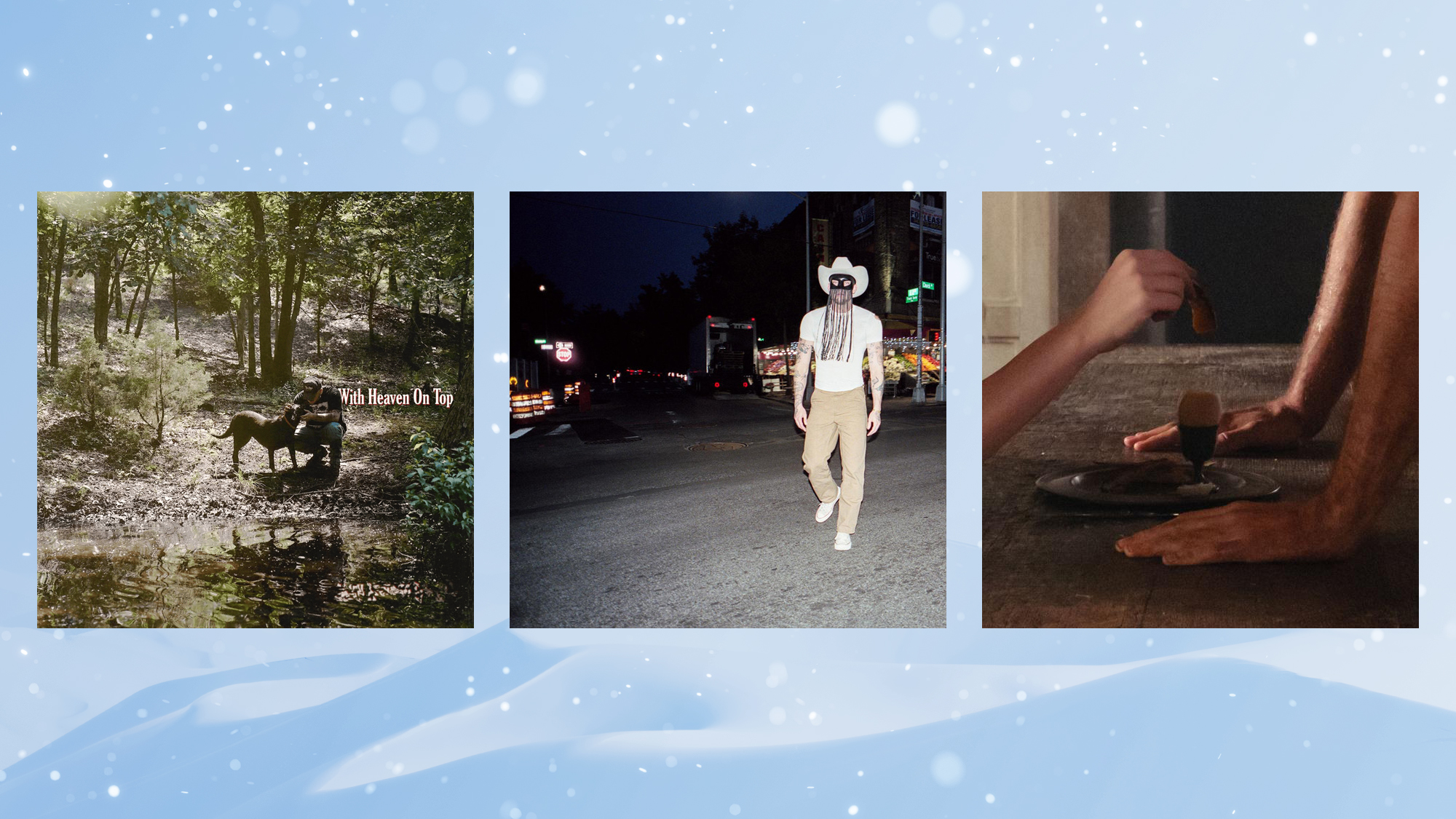Is pop music now too reliant on gossip?
Taylor Swift's new album has prompted a flurry of speculation over who she is referring to in her songs

A free daily email with the biggest news stories of the day – and the best features from TheWeek.com
You are now subscribed
Your newsletter sign-up was successful
The internet is awash with speculation about the metaphors and coded references to Taylor Swift's personal life in her latest album.
With "The Tortured Poets Department", the global superstar has provided her fans with "information to piece together the story of someone they feel invested in personally as well as artistically", said Emily Bootle on the i news site.
The album "couldn't be more transparent about its subjects", said Laura Snapes in The Guardian. But it's hard to decipher whether Swift wanted the "highest-profile humiliation of her exes possible", or whether it is an "admission of defeat" against the media, or simply "a naked attempt to harness the exposure guaranteed by that kind of coverage".
The Week
Escape your echo chamber. Get the facts behind the news, plus analysis from multiple perspectives.

Sign up for The Week's Free Newsletters
From our morning news briefing to a weekly Good News Newsletter, get the best of The Week delivered directly to your inbox.
From our morning news briefing to a weekly Good News Newsletter, get the best of The Week delivered directly to your inbox.
'Tension between authenticity and artistic credibility'
Swift is not the only artist releasing songs "laden with popcorn-chewing subtext", said Snapes. The likes of Ariana Grande and Sabrina Carpenter have also had successful hits that appear to play into the current trend of "gossip" as "pop’s driving engine".
But do "knee-jerk responses" to albums like Swift's say "more about our culture of misogyny" than her songwriting, asked David Robson on the BBC. Writers, poets and musicians have been producing works about lost love for thousands of years, but the "rise of mass media" in the 20th and 21st centuries has "amplified speculation about the inspiration of modern writers".
Some critics have raised concerns about a tension between "authenticity and artistic credibility", and suggest that an "overreliance on personal experience devalues the writer's creative talent". These accusations often seem sexist, Robson said, given that they are "levelled at women more than men".
There is a clear contradiction in the way female artists are treated compared to male artists, said Bootle. Men are often said to be writing about their "muses" when it comes to past relationships, while women are simply referencing "exes". Swift's work has been labelled as "obsessive and crazy, or an embarrassing overshare, or even slyly manipulative of her audience".
A free daily email with the biggest news stories of the day – and the best features from TheWeek.com
While Swift is the "queen of easter eggs", said Olivia Petter in The Independent, and there will "undoubtedly" be people "scavenging for tidbits of celebrity gossip", her music will "ultimately transcend such low-level, insipid chatter".
All the same, "pop in a tricky spot", said Snapes. "Too much gossip and you date your work; too little and fans lose interest."
'Vicious cycle'
The hunger for gossip about artists' personal lives is being fed by the "unprecedented" situation of fans seeing the "celebrity’s life and work play out simultaneously" on social media, said Bootle.
Prior to our age of almost "limitless information" on the internet, fans were generally left guessing about what artists were saying through their songs. Now, artists such as Swift have "captivated an audience who desire personal information and self-narrative, and an idol to worship as well as an artist to engage with". But we are caught in a "vicious cycle" in which the "role of celebrity and artist is blurred", and gossip "automatically translates into more fame and more clamour for stories on the next album".
This is not to say that "pop stars should avoid writing about their personal lives", said Snapes."The most resonant pop steers between the two impulses." Swift's latest album has a "handful of moments like this", and those are the ones that "resound with real emotional truth". Perhaps, for pop music more widely, that is a "testament to leaving the picture incomplete".
Richard Windsor is a freelance writer for The Week Digital. He began his journalism career writing about politics and sport while studying at the University of Southampton. He then worked across various football publications before specialising in cycling for almost nine years, covering major races including the Tour de France and interviewing some of the sport’s top riders. He led Cycling Weekly’s digital platforms as editor for seven of those years, helping to transform the publication into the UK’s largest cycling website. He now works as a freelance writer, editor and consultant.
-
 The ‘ravenous’ demand for Cornish minerals
The ‘ravenous’ demand for Cornish mineralsUnder the Radar Growing need for critical minerals to power tech has intensified ‘appetite’ for lithium, which could be a ‘huge boon’ for local economy
-
 Why are election experts taking Trump’s midterm threats seriously?
Why are election experts taking Trump’s midterm threats seriously?IN THE SPOTLIGHT As the president muses about polling place deployments and a centralized electoral system aimed at one-party control, lawmakers are taking this administration at its word
-
 ‘Restaurateurs have become millionaires’
‘Restaurateurs have become millionaires’Instant Opinion Opinion, comment and editorials of the day
-
 Bad Bunny’s Super Bowl: A win for unity
Bad Bunny’s Super Bowl: A win for unityFeature The global superstar's halftime show was a celebration for everyone to enjoy
-
 Music reviews: Ari Lennox, Lucinda Williams, and A$AP Rocky
Music reviews: Ari Lennox, Lucinda Williams, and A$AP RockyFeature ‘Vacancy,’ ‘World’s Gone Wrong,’ and ‘Don’t Be Dumb’
-
 Bad Bunny, Lamar, K-pop make Grammy history
Bad Bunny, Lamar, K-pop make Grammy historySpeed Read The Puerto Rican artist will perform at the Super Bowl this weekend
-
 Music reviews: Zach Bryan, Dry Cleaning, and Madison Beer
Music reviews: Zach Bryan, Dry Cleaning, and Madison BeerFeature “With Heaven on Top,” “Secret Love,” and “Locket”
-
 Is a social media ban for teens the answer?
Is a social media ban for teens the answer?Talking Point Australia is leading the charge in banning social media for people under 16 — but there is lingering doubt as to the efficacy of such laws
-
 The best music of 2025
The best music of 2025The Week Recommends These were some of the finest releases of the past year
-
 10 upcoming albums to stream during the winter chill
10 upcoming albums to stream during the winter chillThe Week Recommends As the calendar turns to 2026, check out some new music from your favorite artists
-
 A postapocalyptic trip to Sin City, a peek inside Taylor Swift’s ‘Eras’ tour, and an explicit hockey romance in December TV
A postapocalyptic trip to Sin City, a peek inside Taylor Swift’s ‘Eras’ tour, and an explicit hockey romance in December TVthe week recommends This month’s new television releases include ‘Fallout,’ ‘Taylor Swift: The End Of An Era’ and ‘Heated Rivalry’